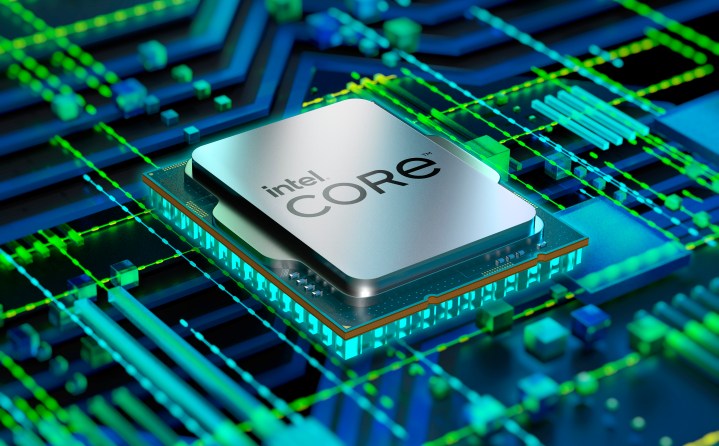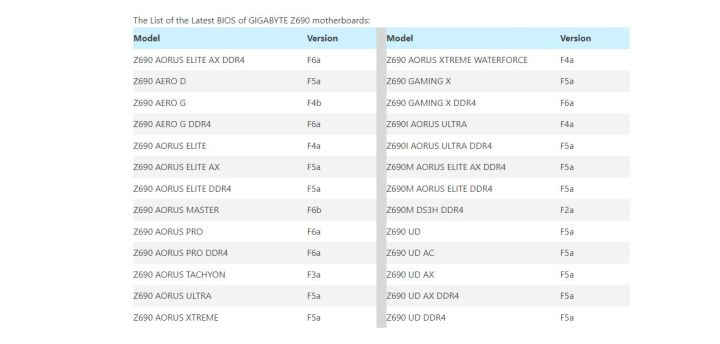Although Intel Alder Lake processors have been collecting stellar reviews, some games have had issues running on the new CPUs. The design of Intel’s 12th-Generation processors causes a number of games to be impossible to play.
Gigabyte joins the list of the best motherboard vendors, such as MSI, in providing a fix to these issues that will let users play some, if not all, of the affected titles through the use of its new DRM Fix Tool. Meanwhile, Intel continues working on its own solution alongside game developers.

Intel Alder Lake CPUs are generally powerful gaming beasts, in some cases outperforming their competitors by as much as 60%. Unfortunately, there is a fairly long list of games that simply don’t work on the new processors. The reason lies in the hybrid architecture of Intel’s 12th-Gen chips.
The issue is caused by DRM (Digital Rights Management) in these games. As Intel Alder Lake CPUs feature a mix of two types of cores: the Golden Cove P-cores (Performance) and the Gracemont E-cores (Efficiency). DRM identifies these two kinds of cores as two separate systems. This prevents the games from running, even though both the P-cores and the E-cores are all part of the same processor.
Depending on the game, this incompatibility with the latest hybrid CPU technology can either completely prevent it from running, cause crashes and bugs, or simply lower gaming performance. The fix, already utilized by MSI motherboards, is to temporarily disable Alder Lake’s efficiency cores. This is what Gigabyte is offering with its new DRM Fix Tool.
Gigabyte’s new software, targeted at the owners of the vendor’s new Z690 motherboards, switches off Alder Lake’s E-cores. This means that, while gaming, efficiency cores are disabled, and this allows these pre-Alder Lake games to run normally, as they once again recognize the processor as just one system.

Gigabyte issued a press release to announce the launch of the new tool. The manufacturer promises that its new Windows-based software is easy to control and doesn’t require any complicated installation. Most users won’t have to tinker with their BIOS in order to run Gigabyte’s DRM Fix, but some motherboards may require it.
In the press release, Gigabyte invites customers to download the latest version of BIOS, which is required to run the new tool. A download link for DRM Fix Tool has also been provided, alongside a list of motherboards and the required BIOS version for each model.
Earlier this month, Intel acknowledged this gaming issue and posted a fix to enable Legacy Game Compatibility Mode. However, the solution requires entering the BIOS and covers a few steps, so it’s less than ideal — but it’s better than nothing, at least while more vendors, game devs, and Intel itself work on a permanent solution.



